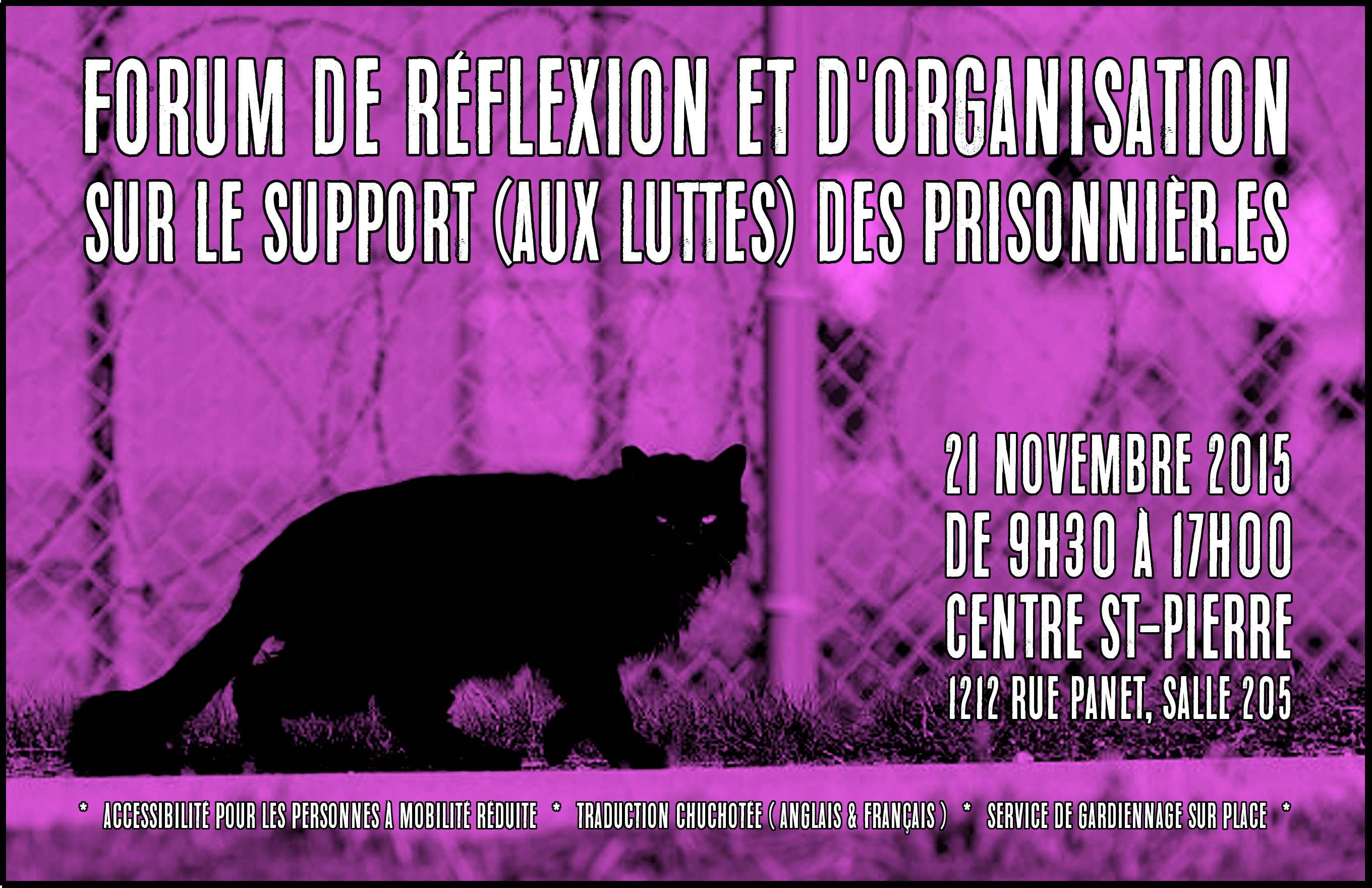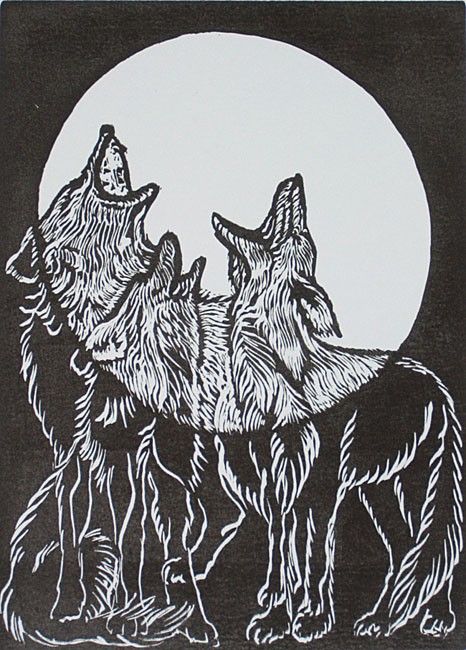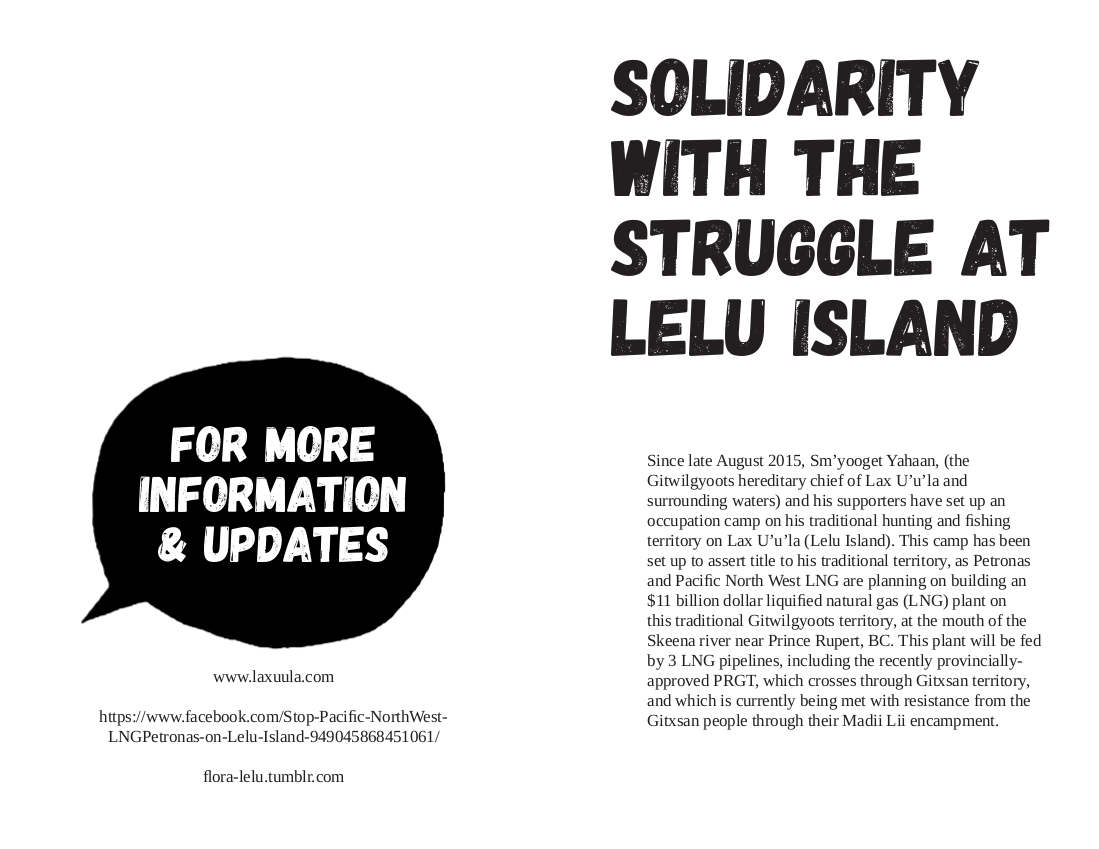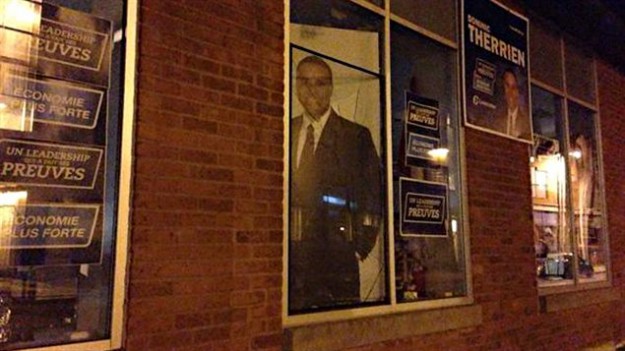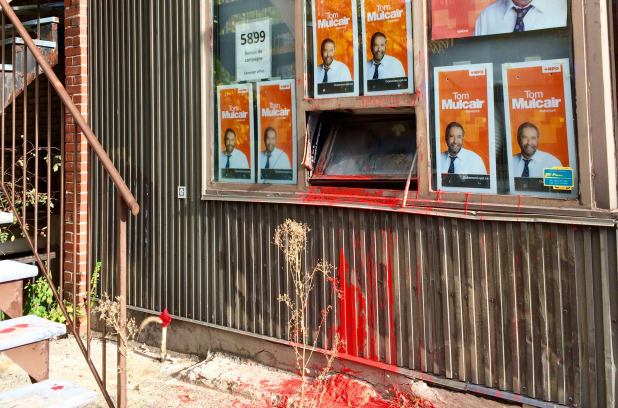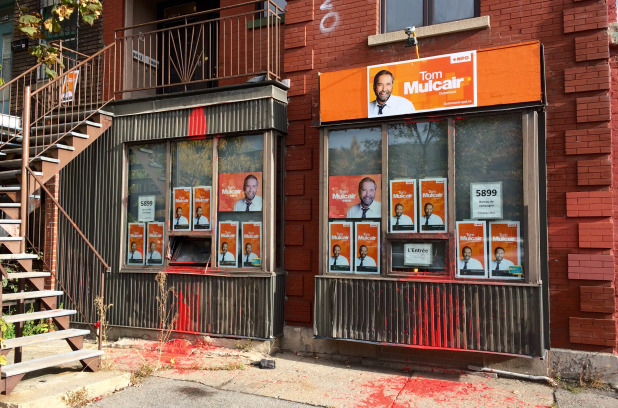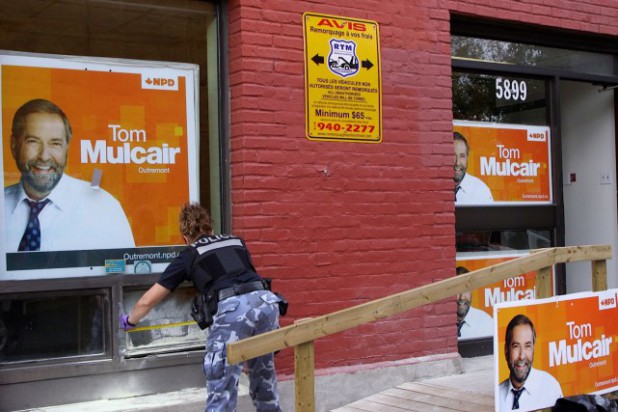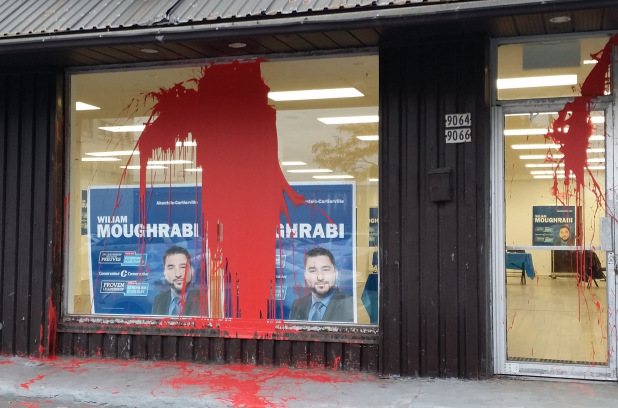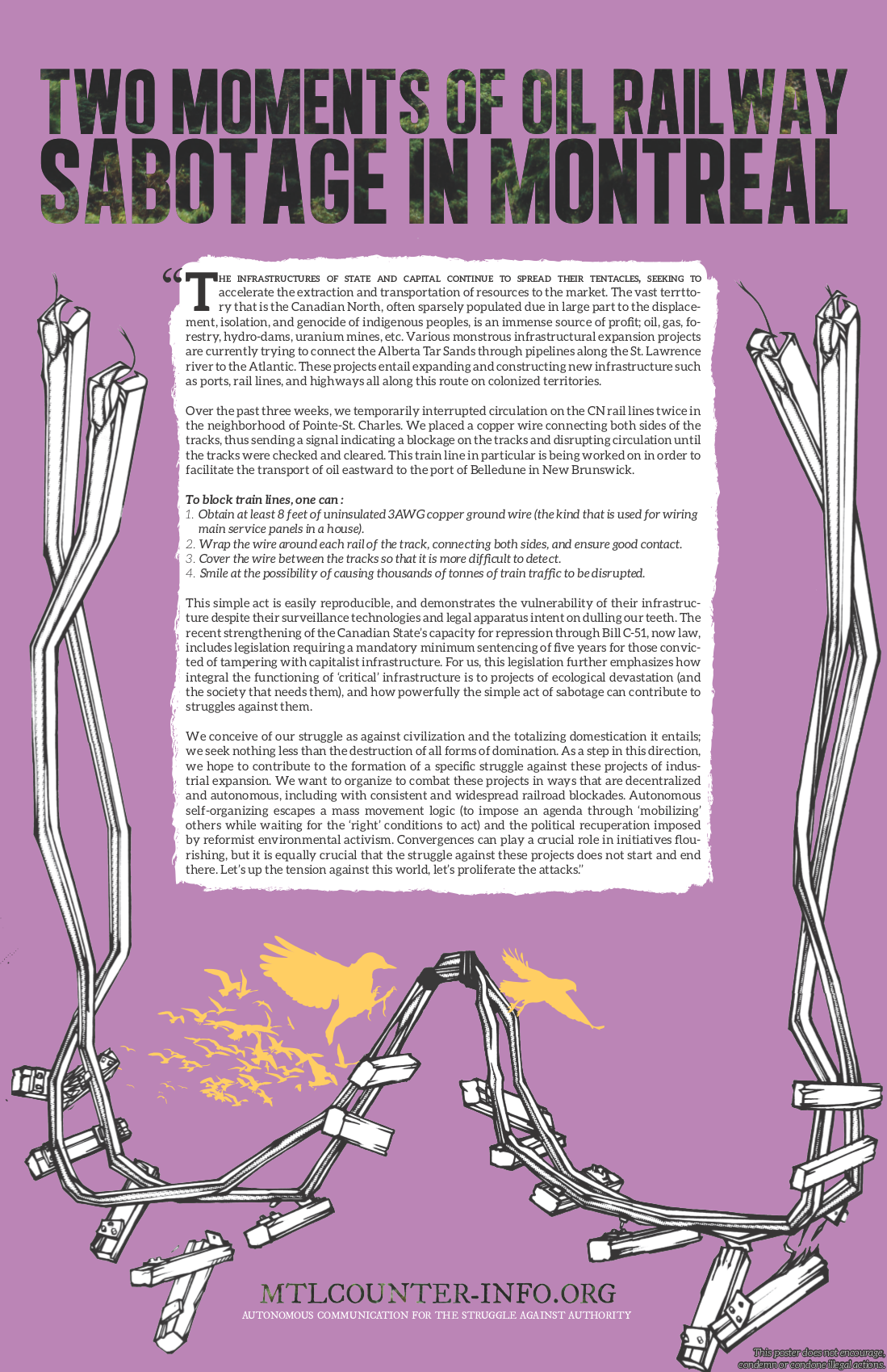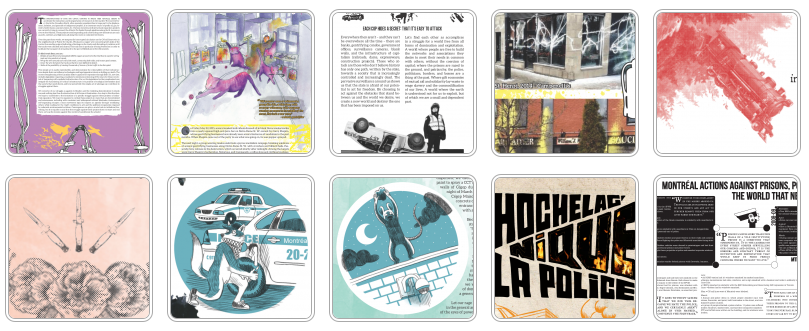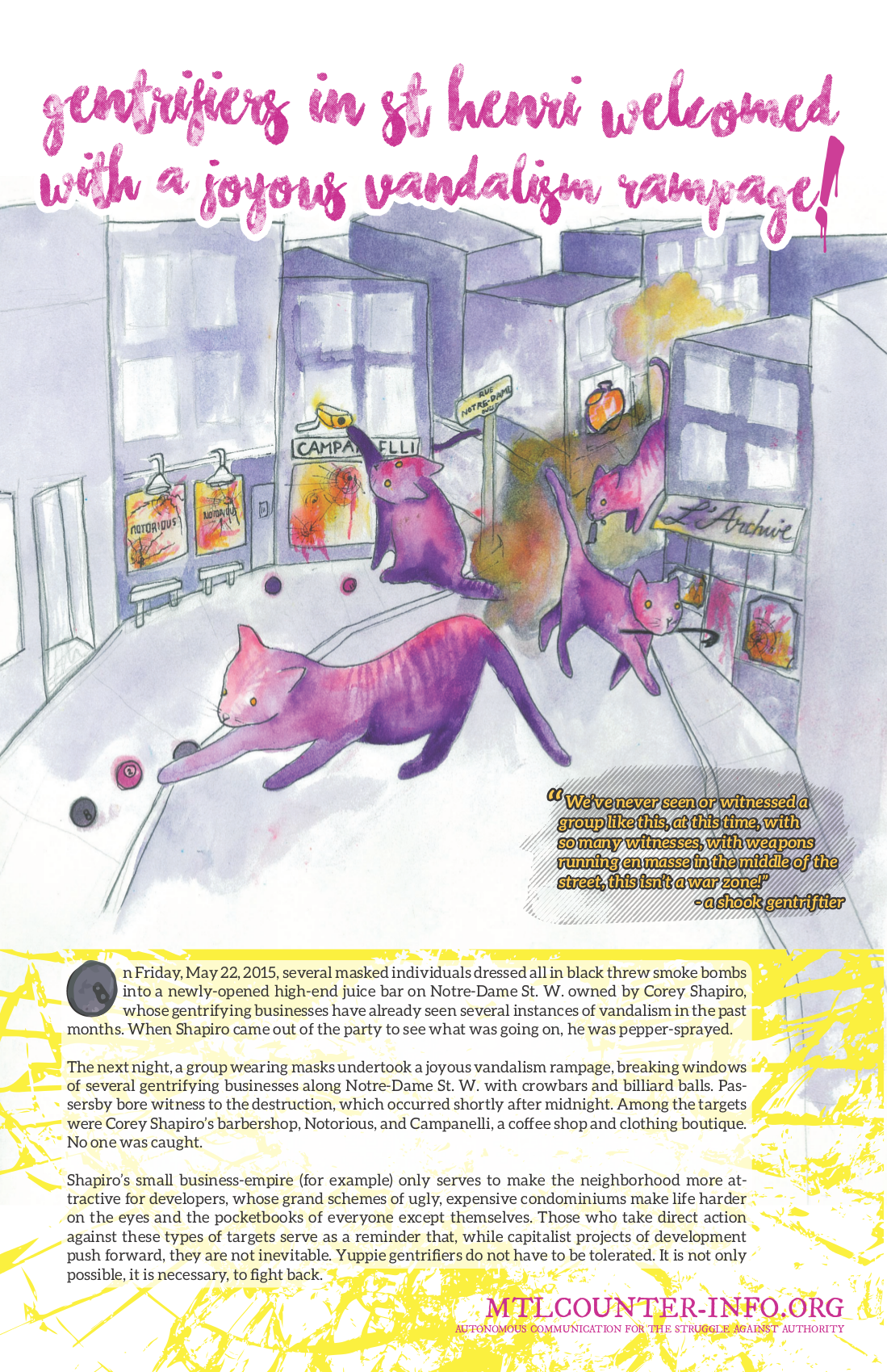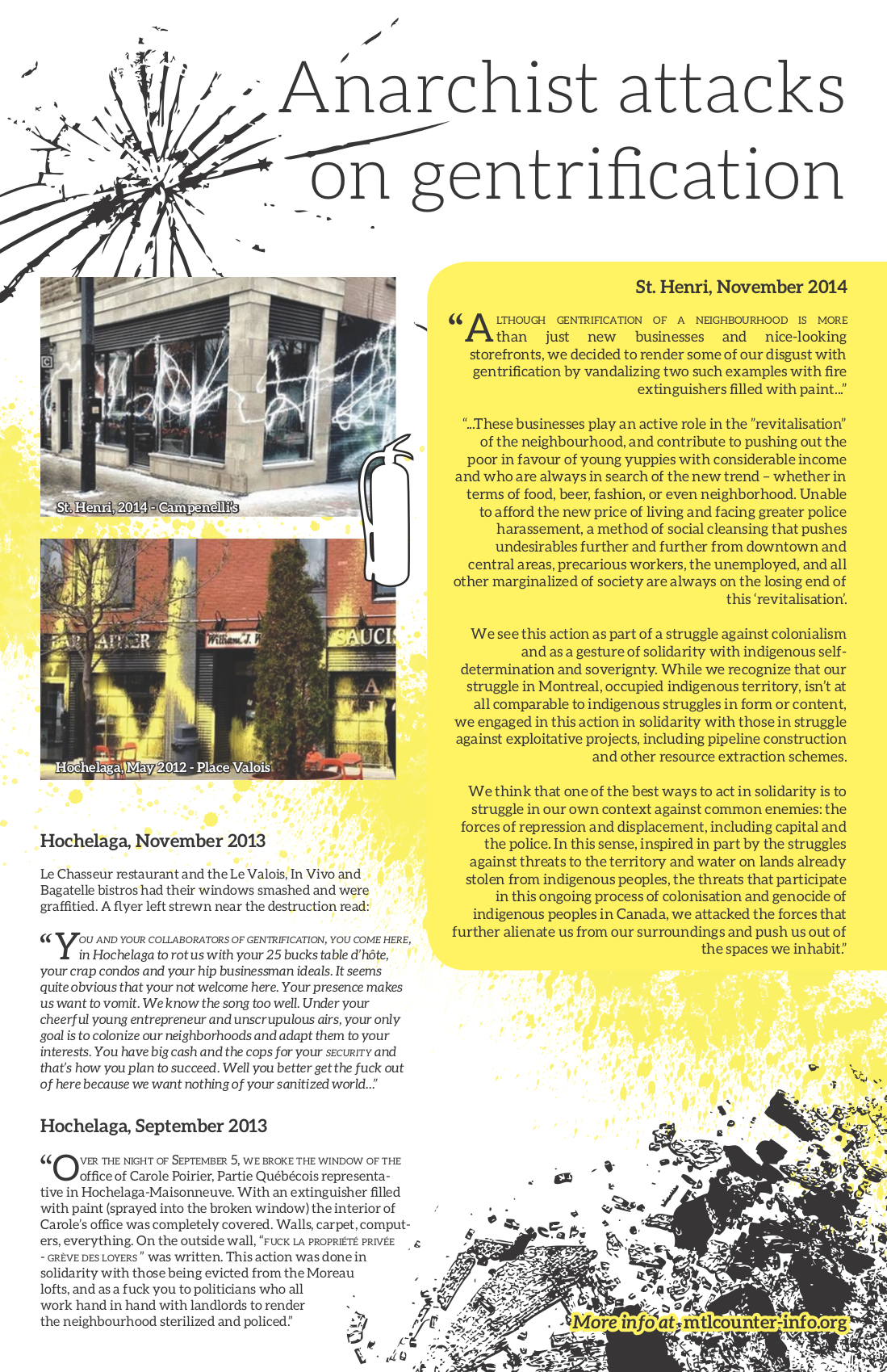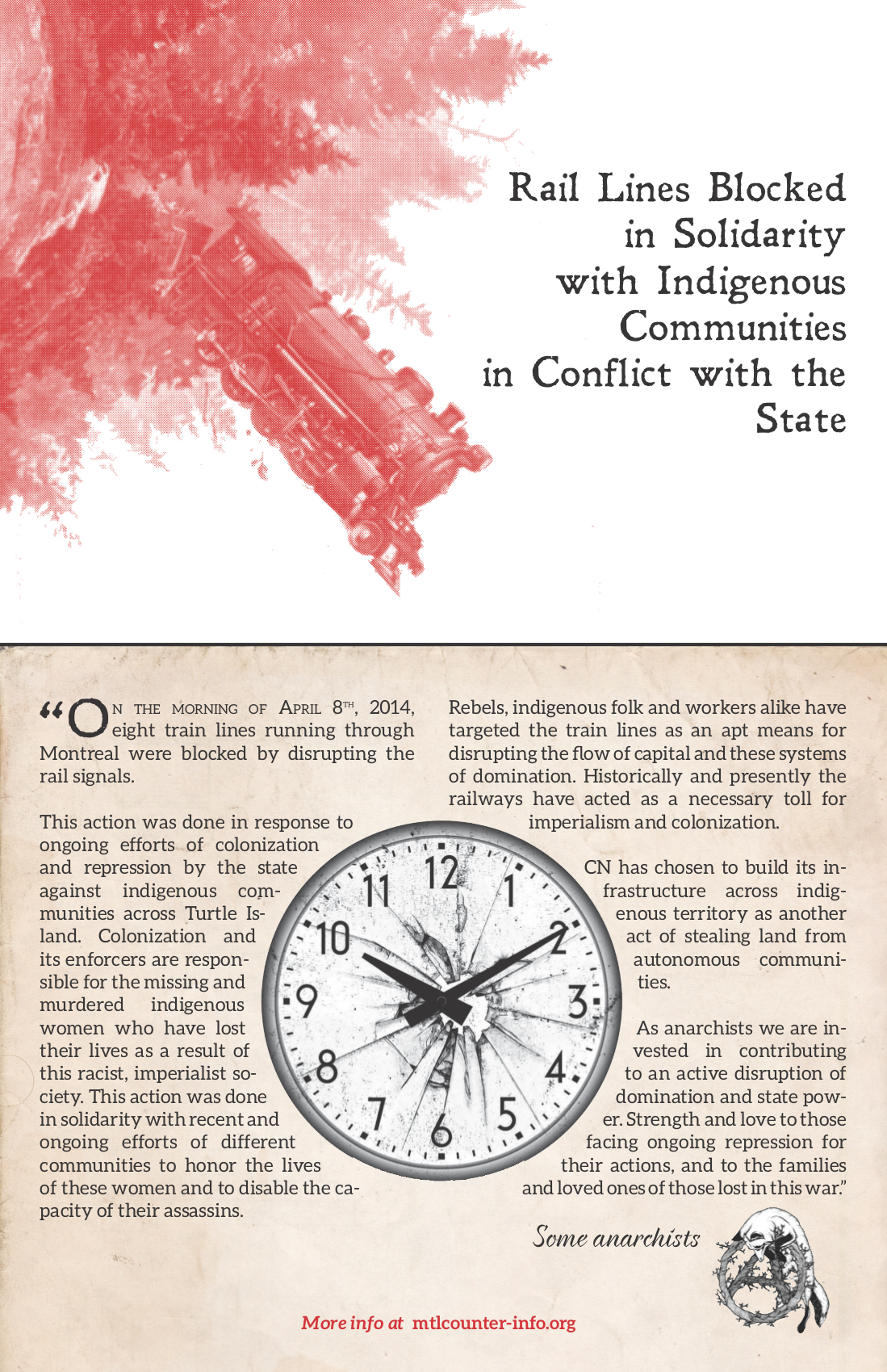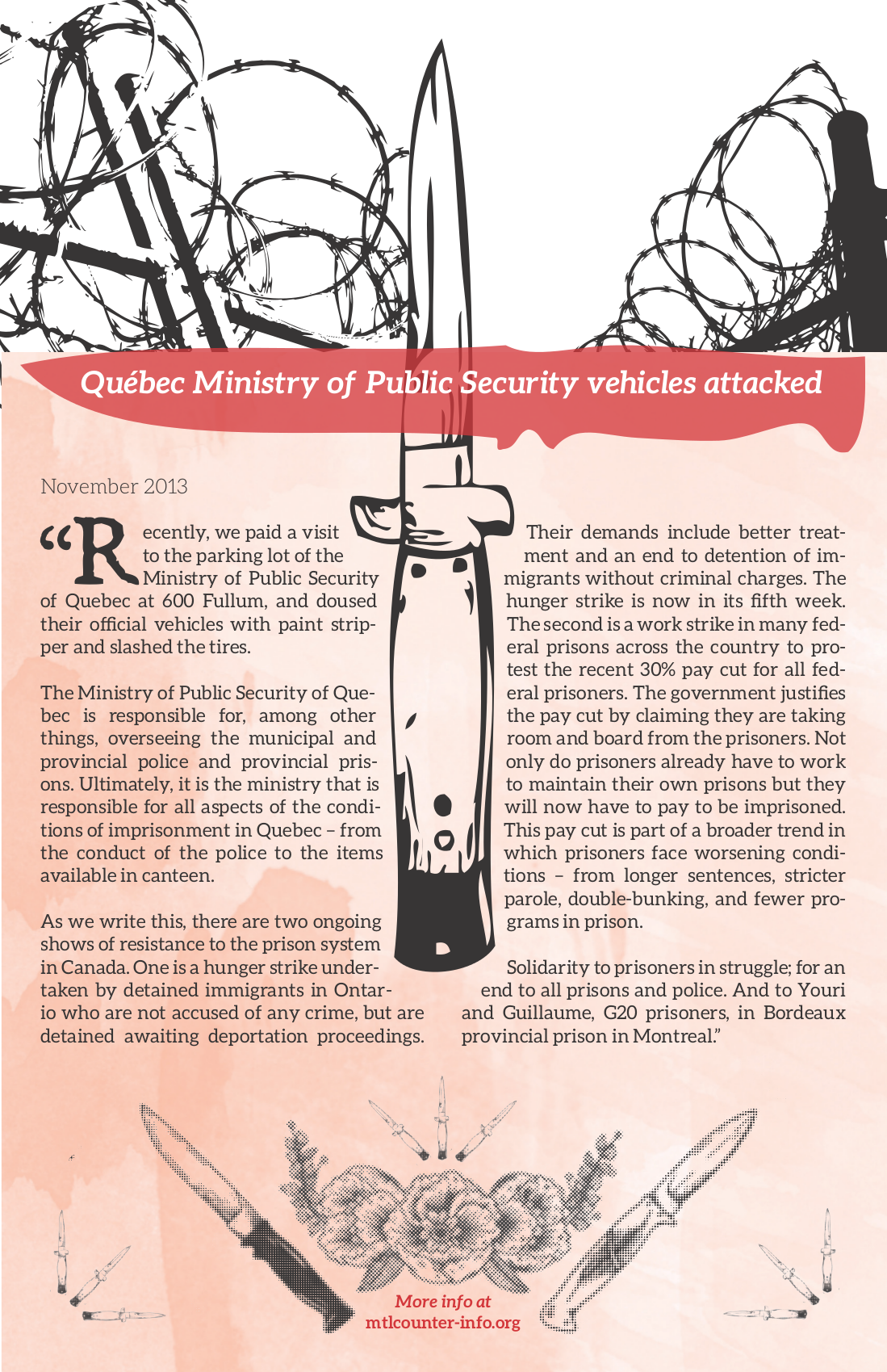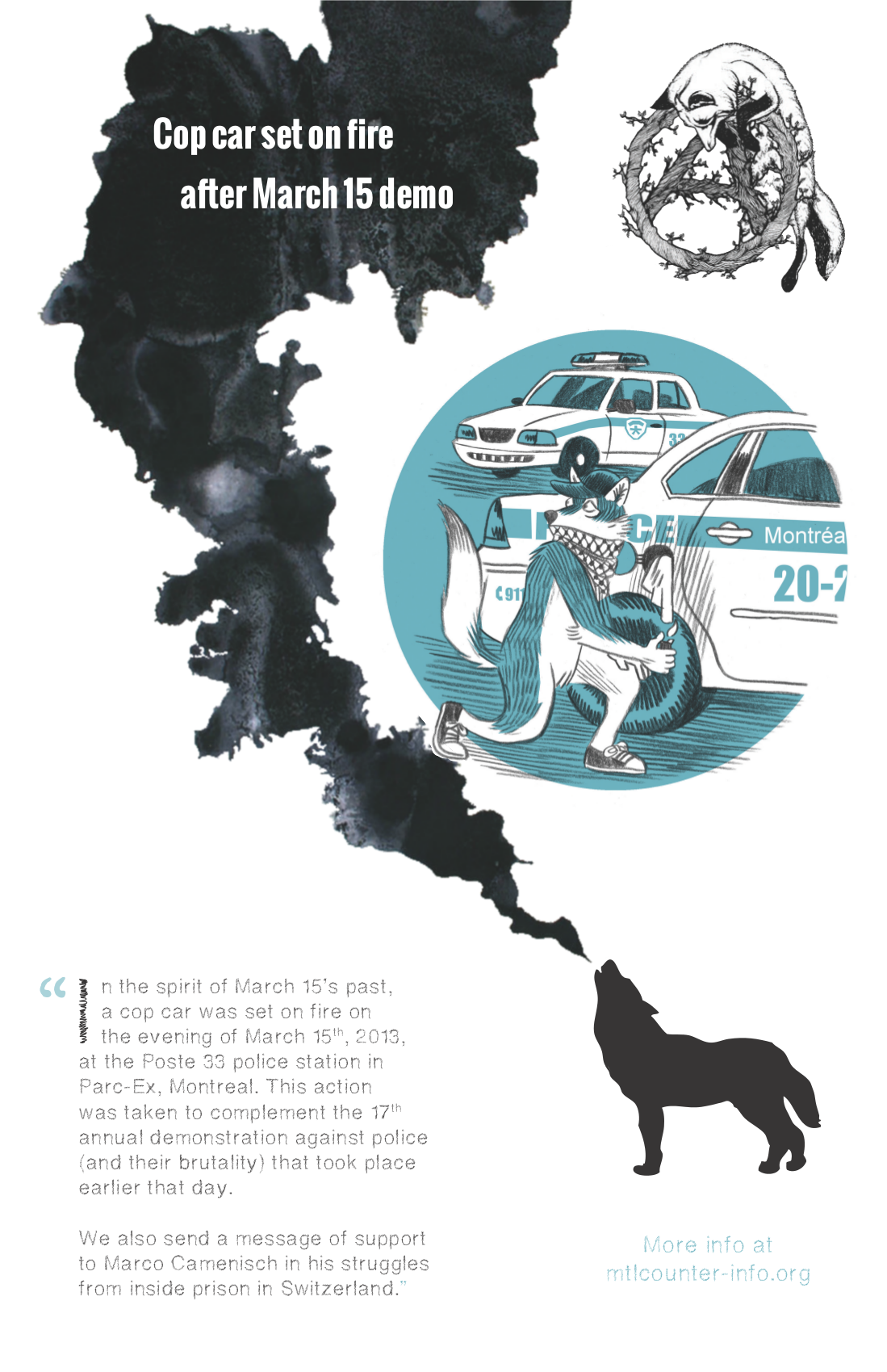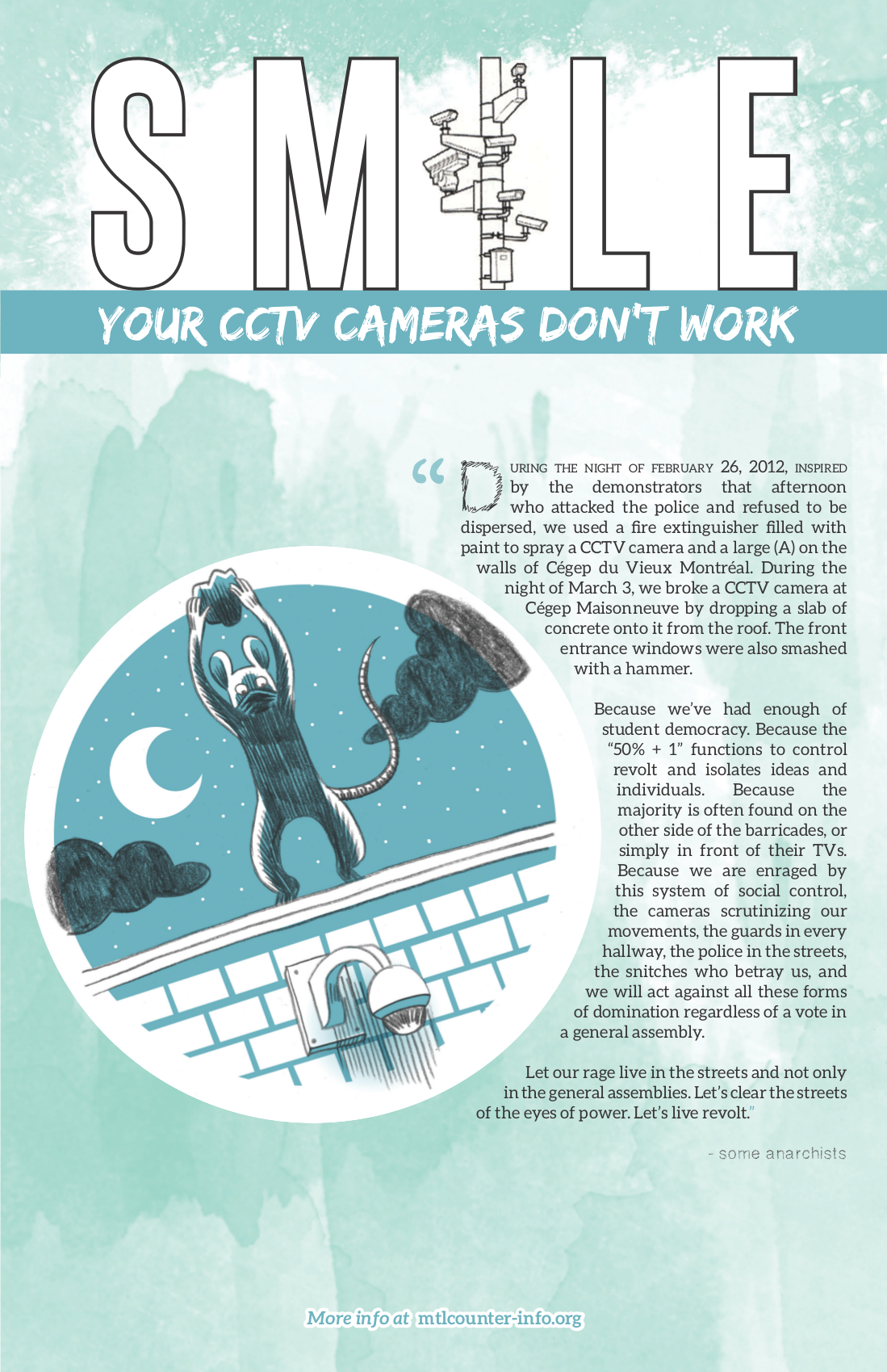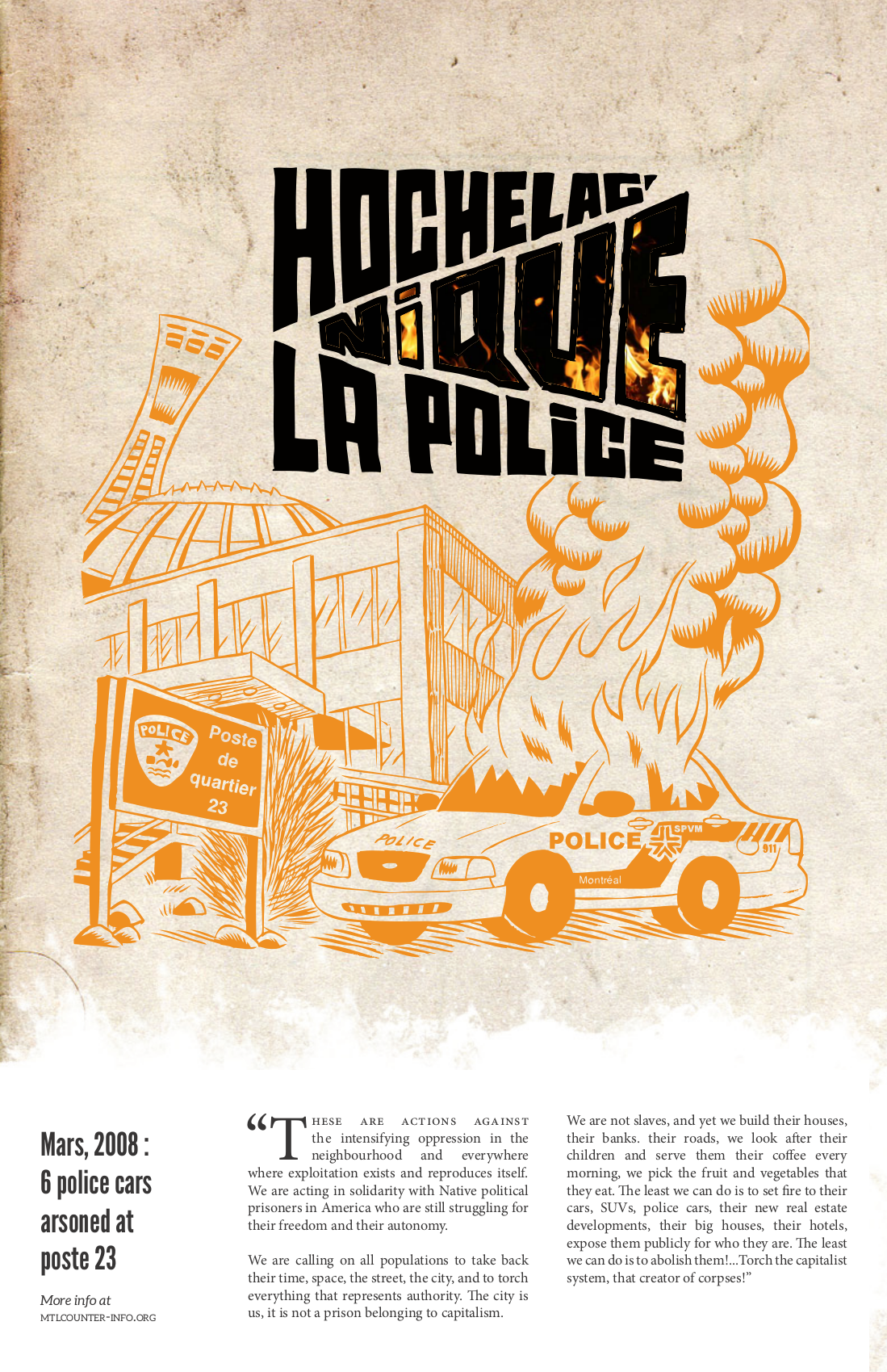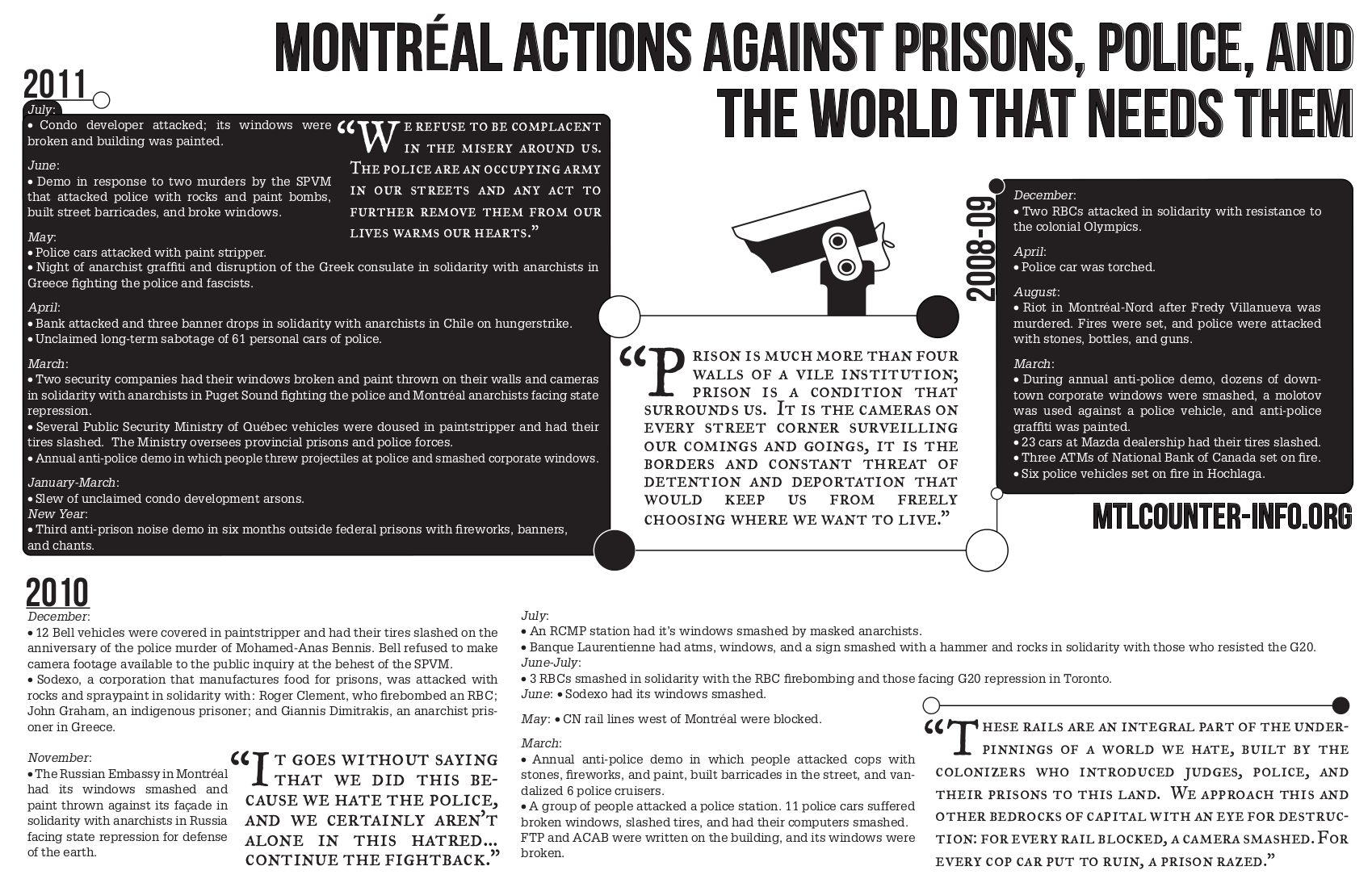A surge of indigenous and allied resistance is challenging pipelines, logging, mining, and development in BC and across western Canada. This list is compiled to keep track of current, ongoing, and flying blockades.
Current, recent, and ongoing actions in BC and Western Canada:
- Injunction and arrests at Shawnigan Lake, Vancouver Island: Community residents, including indigenous people, are rallying to protect their water. The Shawnigan Residents Association is seeking an injunction to shut down toxic soil dumping in their drinking watershed. The dump overflowed during heavy rain Nov 13 2015. Meanwhile the company has obtained an injunction to shut down the protestors, two of whom were arrested Nov 13. Forest Action Network is providing legal support. Facebook page here.
- Injunction at Walbran Valley blockade: South Islanders first set up a checkpoint to turn away logging crews. The logging company obtained a court injunction and threatened the protectors with arrest, and the volunteers moved to a witness camp to monitor and protest the clearcutting of ancient cathedral forests just outside Carmanah Park. The camp is supported by members of the Pacheedaht First Nation. The Walbran was the site of massive protests, civil disobedience, and sabotage for over twenty years. Forest Action Network is providing gear and campaign support, and we are recruiting volunteers. Read our statement on the Walbran Valley here. Facebook page here.
- Ongoing: Coastal First Nations vs. Grizzly hunters. For two years, the Coastal Guardians have been patrolling the central coast of BC and “educating” grizzly hunters and guides about the ban on hunting on their territory. The province continues to issue trophy hunting permits and now the Guardians say they are escalating their enforcement of the ban.
- Victory: Members of the Ahousaht First Nation on Vancouver Island occupied a floating platform and part of a bay to stop a new salmon farm in their territorial waters. News reports here.
- Ongoing: Gitdumden Clan of the Wet’suwet’en (neighbours to Unist’ot’en) in Northern BC. They are occupying their territory to block pipelines, logging, and mining.
- Likhts’amisyu Clan of the Wet’suwet’en (neighbours to Unist’ot’en), Northern BC. They are occupying their territory to block pipelines. This is Chief Toghestiy’s camp. FB page.
- Ongoing: Lax Kw’alaams First Nation vs. LNG pipeline terminal, near Prince Rupert BC. The drilling platform was barged into position near Lelu Island in a bay that holds millions of young salmon. The community is mobilizing to occupy the island and surround the barge. News story here and Facebook page here.
- Nicola Valley Chiefs and locals are blockading a biosolids dump near Merritt, BC and preventing sewage sludge from being trucked into their community. No shipments have made it through the blockade in over a month, and the companies responsible are preparing for a court hearing to have the protestors removed. Fundraising link here.
- Ongoing: Voices of the Voiceless camp is an Indigenous re-occupation of Junction Creek area, St’at’imc Nation, 50 km north of Lillooet and about 250 km north of Vancouver. This camp was set up March 2015 under the direction of Xwisten elders to stop logging. The site is near a heritage site and the Junction Creek summer village, a traditional meeting place where people hunt, gather and process food. Video: Re occupying Junction Creek, Christine Jack’s Welcome – YouTube
- Victory: The Heiltsuk First Nation is fighting for the recovery of herring stocks on the Central Coast of BC. After the feds opened their territory to commercial fishing in March 2015, they occupied offices and set off solidarity rallies. UPDATE:Their blockade is now over and the government has caved in and closed the fishery.
- The Sapotaweyak Cree Nation in Manitoba is protecting sacred sites by blockading workers cutting trees for a hydroelectric transmission line.
- Ongoing: Burnaby/Langley – Kinder Morgan pipeline: 120 locals and allies were arrested in two weeks at a tarsands pipeline test drill site near Vancouver. In 2015, drillers and surveyors are trying to do their work in various locations but people report their whereabouts and they are confronted and prevented from working. The Kwantlen First Nation is leading the charge for the next round of resistance, which shows signs of escalating further (workers threatened, truck vandalized, equipment stolen).
- The Nuu-chah-nulth Nations have closed the spring herring fishery in the strait off the west coast of Vancouver Island. They are promising to intercept commercial vessels with their own boats.
- Blockade down: The Northern Trappers Alliance, a traditional Dene group, was blocking forest roads near Ducharme, Saskatchewan to push back against the loss of wildlife and land to drilling, pipelines, and gates. The protest camp and picket line were moved to the side of the road after an injunction was issued and RCMP seized a trailer.
- Victory: Tseshaht Nation, Port Alberni, Vancouver Island: Blockade down and victory – the province has agreed to stop timber sales in old-growth forests of the Nahmint Valley. The Tseshaht are monitoring to make sure this agreement is respected.
- Blockade down: Klabona Keepers, Talhtan Nation (near Iskut) Blockade removed after injunction issued. They were blocking Imperial Metals mine in Sacred Headwaters and other projects in various locations. They are still seeking volunteers, rideshares, donations, and legal help. These traditionalists boycotted the injunction hearing and withdrew for now.
- Victory: Penelakut (Grace Islet, near Salt Spring Island) Development site on burial ground. Blockade down: The province is moving to intervene and purchase the development site.
- Ongoing: Unis’tot’en Camp, (near Smithers) Permanent camp – blocking tarsands and gas pipelines for five years. Get info about the Caravan.
- Ongoing: Madii Lii Camp (Gitxsan) New permanent camp – blocking tarsands and gas pipelines.
- Ongoing: Sutikalh (near Lillooet) Permanent camp on St’at’imc territory, blocking resort development for over ten years.




